Following our exploration of workplace misconduct last month, we’re now turning to another critical area that generates frequent questions: how to handle employee illness and injury when it affects job performance.
When we talk about incapacity due to ill health or injury, we’re not referring to occasional sick days. We’re addressing situations where an employee develops a condition that substantially impacts their ability to perform their job functions over an extended period.
These situations require careful handling – not just from a compassionate standpoint, but also to ensure legal compliance and fairness to all parties involved.
The Labour Relations Act’s Code of Good Practice (Schedule 8) provides a guide for employers to follow when an employee’s health affects their work capabilities:
Each step should involve consultation with the affected employee and their representative (colleague or shop steward), making this a collaborative rather than adversarial process.
We’re seeing a notable increase in incapacity cases related to mental health conditions. These situations present unique challenges:
Some employers still mistakenly view conditions like depression or anxiety as signs of weakness rather than legitimate medical conditions. This perspective needs to change. Mental health conditions require the same procedural considerations and potential accommodations as physical ailments.
For employees facing extended illness, financial stress often compounds health challenges when paid sick leave runs out. Options to consider include:
HR departments should proactively assist employees in understanding and accessing these options rather than leaving individuals to navigate complex systems while unwell.
One increasingly common scenario involves employees who are underperforming and then disclose a medical condition affecting their work capabilities.
When this occurs, employers should:
This ensures both procedural and substantive fairness by matching the process to the genuine cause of workplace difficulties.
Another complex area involves substance dependencies. When an employee participates in a recognized treatment program, alcoholism and drug addiction may be handled as medical conditions under the incapacity framework.
However, if an employee refuses treatment or comes to work under the influence, the matter could shift to misconduct territory, requiring a disciplinary rather than accommodative approach.
For employers:
For employees:
Managing incapacity effectively requires good faith efforts from all parties. The law creates a framework that balances employer operational needs with employee rights and dignity. By following proper processes and maintaining open communication, most incapacity situations can be handled in ways that respect both business requirements and human needs.
For personalized guidance on navigating specific incapacity scenarios, visit www.justinedelmonte.co.za.
Following our exploration of workplace misconduct last month, we’re now turning to another critical area that generates frequent questions: how to handle employee illness and injury when it affects job performance.
When we talk about incapacity due to ill health or injury, we’re not referring to occasional sick days. We’re addressing situations where an employee develops a condition that substantially impacts their ability to perform their job functions over an extended period.
These situations require careful handling – not just from a compassionate standpoint, but also to ensure legal compliance and fairness to all parties involved.
The Labour Relations Act’s Code of Good Practice (Schedule 8) provides a guide for employers to follow when an employee’s health affects their work capabilities:
Each step should involve consultation with the affected employee and their representative (colleague or shop steward), making this a collaborative rather than adversarial process.
We’re seeing a notable increase in incapacity cases related to mental health conditions. These situations present unique challenges:
Some employers still mistakenly view conditions like depression or anxiety as signs of weakness rather than legitimate medical conditions. This perspective needs to change. Mental health conditions require the same procedural considerations and potential accommodations as physical ailments.
For employees facing extended illness, financial stress often compounds health challenges when paid sick leave runs out. Options to consider include:
HR departments should proactively assist employees in understanding and accessing these options rather than leaving individuals to navigate complex systems while unwell.
One increasingly common scenario involves employees who are underperforming and then disclose a medical condition affecting their work capabilities.
When this occurs, employers should:
This ensures both procedural and substantive fairness by matching the process to the genuine cause of workplace difficulties.
Another complex area involves substance dependencies. When an employee participates in a recognized treatment program, alcoholism and drug addiction may be handled as medical conditions under the incapacity framework.
However, if an employee refuses treatment or comes to work under the influence, the matter could shift to misconduct territory, requiring a disciplinary rather than accommodative approach.
For employers:
For employees:
Managing incapacity effectively requires good faith efforts from all parties. The law creates a framework that balances employer operational needs with employee rights and dignity. By following proper processes and maintaining open communication, most incapacity situations can be handled in ways that respect both business requirements and human needs.
For personalized guidance on navigating specific incapacity scenarios, visit www.justinedelmonte.co.za.


